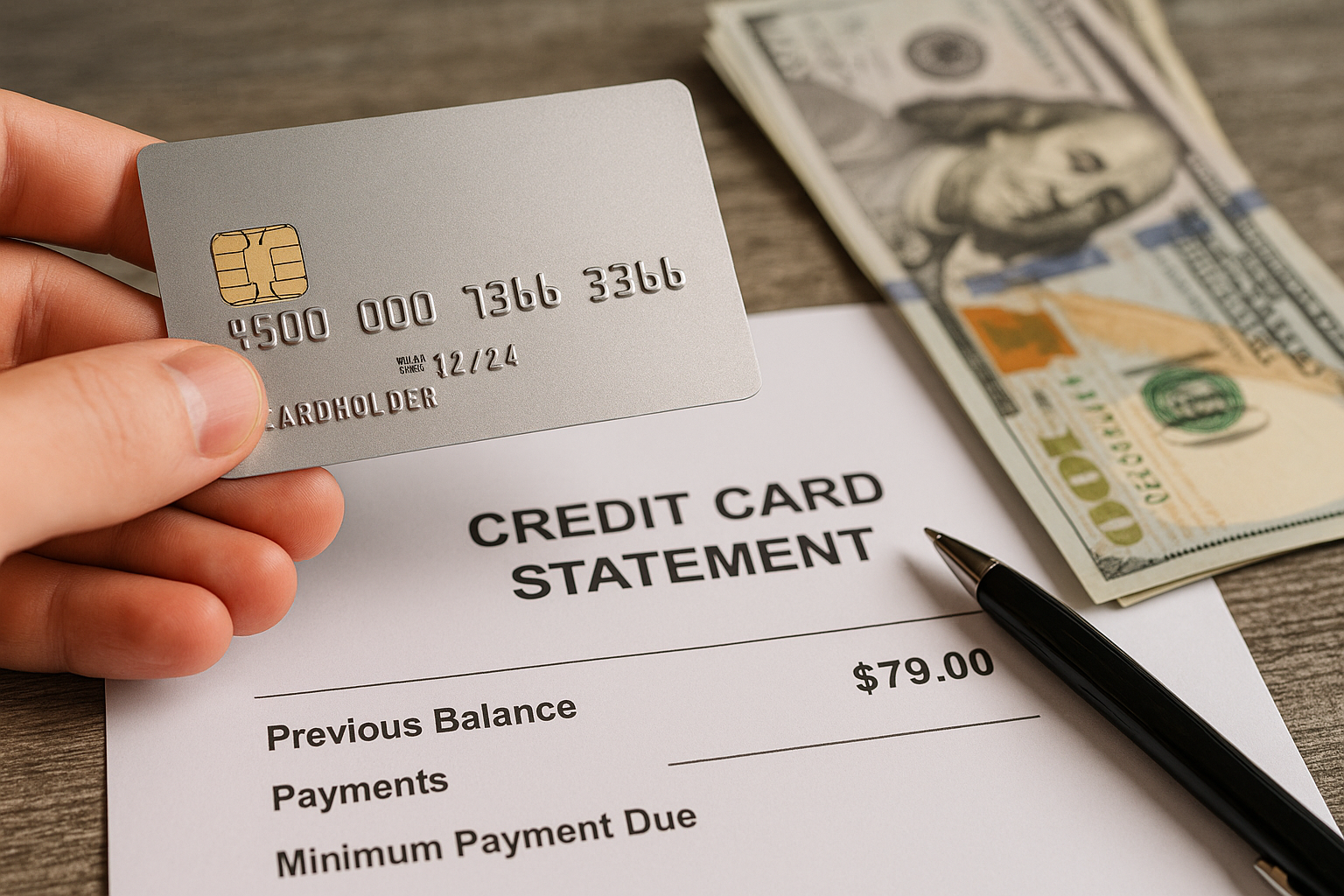When it comes to managing personal finances, credit cards can be both a useful tool and a potential pitfall. They offer flexibility, convenience, and sometimes even rewards. Many people are drawn to credit cards that are interest free, as these provide breathing room when used wisely. However, problems arise when cardholders fall into the trap of paying only the minimum repayment each month.
Why Minimum Payments Seem Tempting
Minimum payments are designed to make credit cards appear more manageable. By paying just a small fraction of the balance, you avoid immediate penalties and keep your account in good standing. On the surface, this seems like a practical short-term solution. But beneath the surface, this approach can carry serious long-term consequences.
The High Cost of Interest
When you only pay the minimum, the bulk of your repayment goes towards interest rather than reducing your actual debt. This means your balance barely shifts month to month, and you continue to be charged interest on the outstanding amount. Over time, what might have started as a manageable expense can balloon into a much larger financial burden.
The Cycle of Debt
One of the biggest dangers is the cycle of debt that minimum payments can create. With little progress made on the principal balance, many cardholders find themselves locked into years of repayments with no clear end in sight. This cycle can be emotionally draining, causing unnecessary stress and limiting financial freedom.
Opportunity Costs
Carrying debt for longer than necessary also limits your opportunities. Money that could be saved, invested, or used towards other goals is instead tied up in paying interest. The longer you stay in debt, the more you miss out on potential wealth-building opportunities.
Impact on Your Credit Score
While making minimum payments avoids default, consistently maintaining high balances can negatively impact your credit score. A poor credit score may make it harder to access loans, rent property, or even secure certain jobs in the future.
How to Avoid the Trap
- Pay more than the minimum: Even small extra contributions each month can significantly reduce your debt and the amount of interest you pay.
• Set up automatic repayments: Ensure you never miss a due date and allocate more than the minimum wherever possible.
• Consider your options: If you’re struggling, look for balance transfer deals or speak with a financial adviser about creating a repayment plan that works for you.
Building Healthier Financial Habits
Credit cards can be a helpful tool when managed responsibly, but relying on minimum repayments is a risky strategy. Taking control of your repayments not only saves money in the long run but also provides peace of mind and financial stability.


































